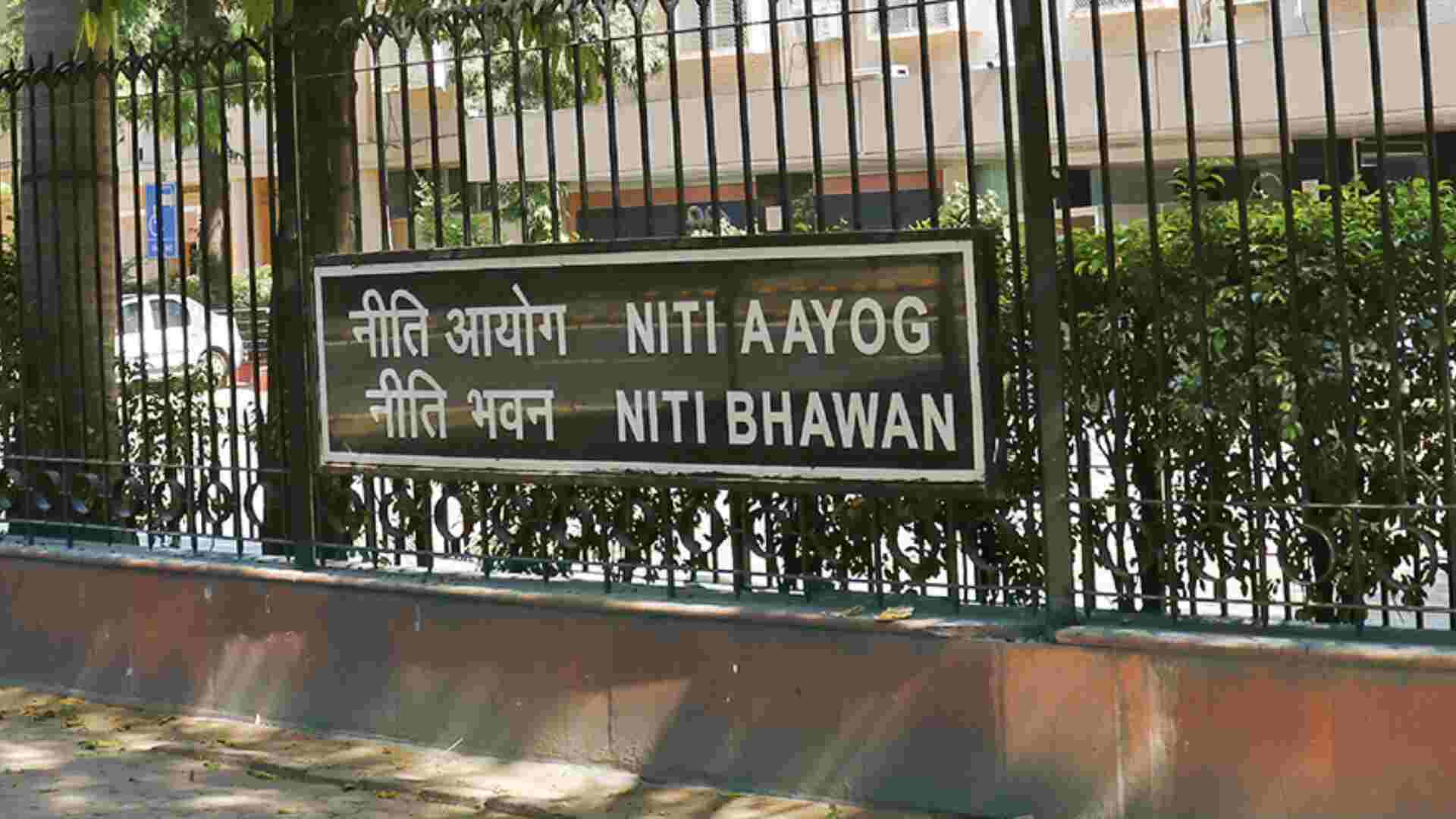The Indian government implements various policies and programs aimed at public welfare. These initiatives require extensive strategic planning, which is carried out by the National Institution for Transforming India, commonly known as NITI Aayog.
NITI Aayog – What is it?
NITI Aayog, or the National Institution for Transforming India, is a policy think tank of the Indian government that provides insights and recommendations on various governmental programs and policies. It offers relevant advice to the central and state governments, as well as Union territories.
Established in 2015 by a Union cabinet resolution, NITI Aayog is chaired by the Honourable Prime Minister of India, with the Chief Ministers of all states and Union territories with legislatures, and the Lt. Governors of other Union Territories.
NITI Aayog plays a crucial role in crafting long-term strategies for government policies and programs, replacing the Planning Commission, which was set up in 1950. This change aimed to create a unified platform for all states to collaborate in the national interest while better serving the needs of the people. NITI Aayog has been a transformative institution that promotes cooperative federalism.
Objectives
NITI Aayog operates with the following objectives:
1. To promote cooperative federalism by creating a unified platform for all states to collaborate in serving the nation and its people, recognizing that strong states build a strong nation.
2. To concentrate on societal areas that do not fully benefit from economic growth and progress.
3. To prioritize national development by formulating strategies for policies and programs aimed at the nation’s and its people’s betterment.
4. To develop progressive plans at the village level and communicate them to higher levels of government.
5. To offer a common platform for resolving inter-sectoral and interdepartmental issues.
6. To provide advice to the central government, states, and Union territories, and to encourage partnerships between key stakeholders and both national and international think tanks.
7. To monitor and evaluate the implementation of government policies and programs.
8. To focus on technology upgrades and capacity building for the implementation of new policies.
9. To concentrate on the national development agenda.
7 Pillars
NITI Aayog adheres to seven principles of effective governance:
1. A pro-people approach that addresses both societal and individual aspirations.
2. Proactive measures to meet citizens’ needs.
3. Encouraging citizen participation.
4. Empowering individuals, with a focus on women.
5. Ensuring inclusion regardless of caste, religion, or gender.
6. Providing equal opportunities, especially for the youth.
7. Promoting transparency to make the government accountable and accessible.
Achievements
The 2019-20 report on NITI Aayog outlines several key achievements, including:
1. The Monitoring and Analysing Food and Agricultural Policies (MAFAP) program, in collaboration with the UN’s Food and Agriculture Organization (FAO), which aims to evaluate and reform food and agriculture policies. The first phase of the program ran from 23rd September to 31st December 2019, focusing on the National Agriculture Price Policy and National Food Security Policy for selected marketing committees and districts. The second phase is scheduled from 1st January 2020 to 31st December 2021.
2. The promotion of Zero Budget Natural Farming, endorsed by the NITI Aayog governing council, under the “Bhartiya Prakritik Krishi Paddhati” program within the Paramparagat Krishi Vikas Yojana (PKVY).
3. The development of the Village Storage Scheme and the proposal for the Dhaanya Lakshmi Village Storage Scheme, included in the Union Budget 2021, which are yet to be implemented.
Composition
The structure of NITI Aayog includes:
– The Prime Minister of India as the Chairperson.
– A Governing Council comprising the Chief Ministers of all states and Lt. Governors of Union Territories.
– Regional Councils, convened by the Prime Minister to address specific issues affecting multiple states, including the Chief Ministers of states and Lt. Governors of Union Territories. These councils are chaired by the Chairperson of NITI Aayog or their nominee.
– Eminent experts and specialists with relevant domain knowledge.
– A full-time organizational framework, with the Prime Minister as the Chairperson.
– A Vice-Chairperson appointed by the Prime Minister.
– Full-time and part-time members, including up to 2 part-time members from leading universities, research organizations, and innovative organizations, serving on a rotational basis in an ex-officio capacity.
– Up to 4 Ex Officio members from the Council of Ministers, nominated by the Prime Minister.
– A CEO appointed by the Prime Minister for a fixed tenure, holding the rank of Secretary to the Government of India.


















